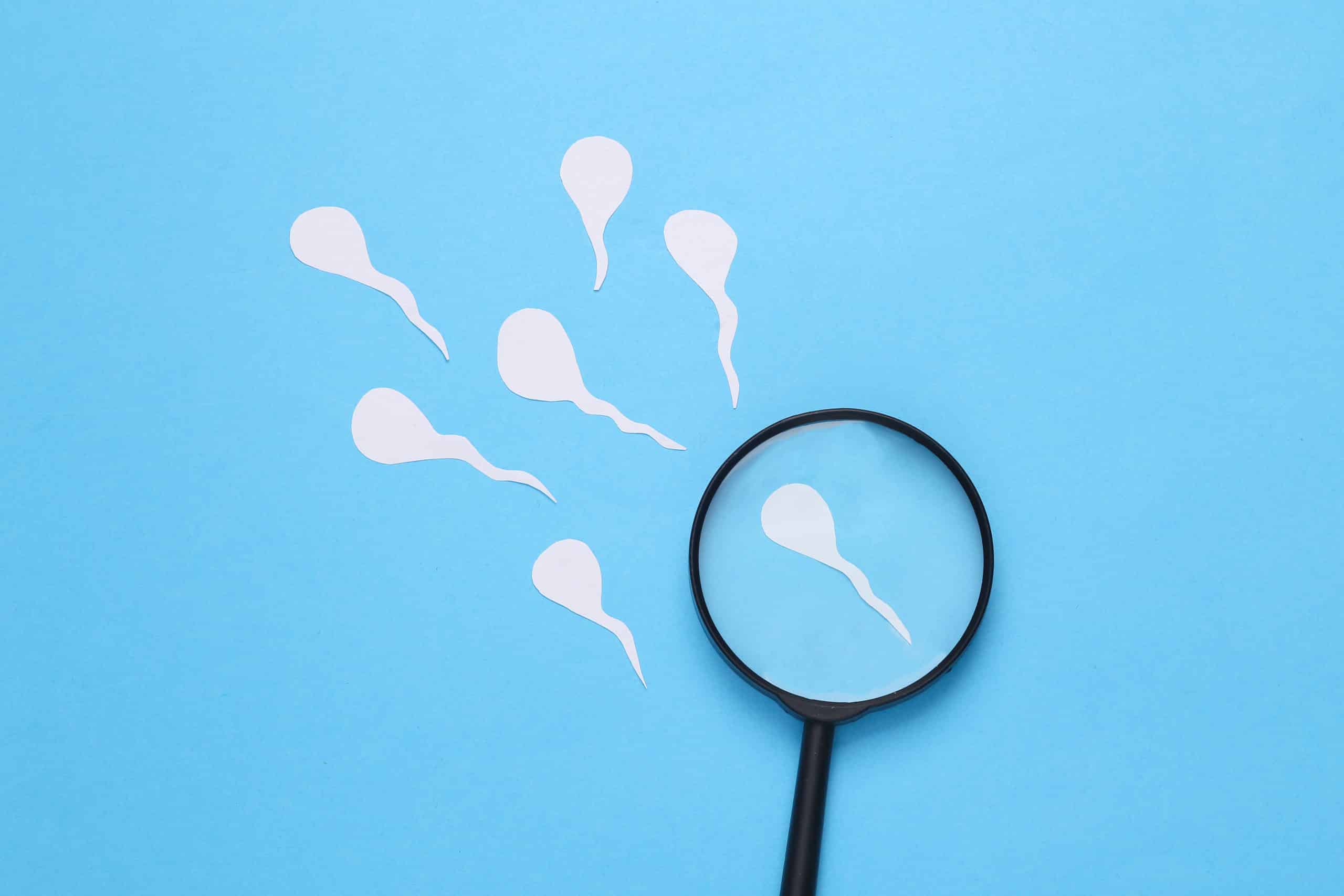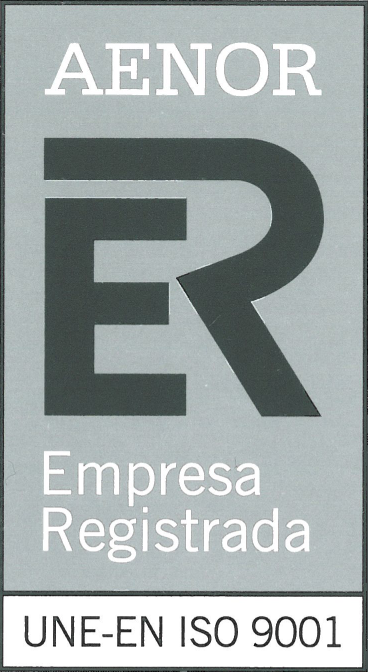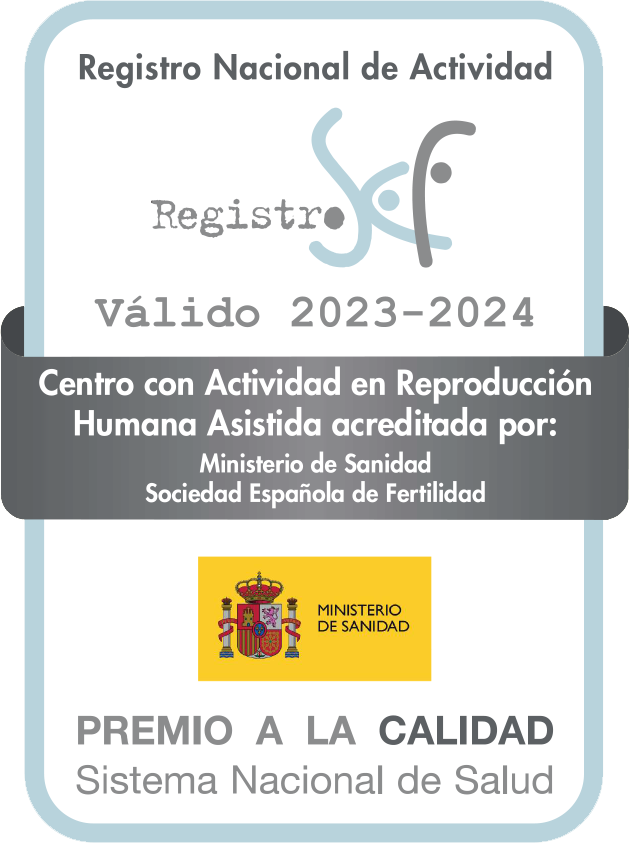It is well known that time affects the quality of our eggs and that their number naturally decreases. This process accelerates from the age of 35 and the mechanism behind it is not yet clear.
However, it is thought that individual genetic factors may influence this, since not all women have the same quality of ovarian reserve and do not start menopause at the same time.
For this reason, some researchers are trying to find out how to speed up or delay this process by studying possible genetic alterations, while others are trying to find out whether it is possible to predict when the menopause will start and how to improve the quality of eggs.
In this post, Dr. Nikolaos Polyzos, Head of the Reproductive Medicine Service at Dexeus Mujer, briefly summarises what some of the main lines of research in this field consist of:
- Stem cell studies. Stem cells are characterised by their ability to develop and transform into other cell types. There are numerous studies using them to regenerate and repair diseased or damaged tissue. In the area of reproduction, the aim is to ensure that they can develop ovarian function, but the trials carried out are small in number and, for now, do not offer conclusive results.
- Testosterone treatments. It has been shown that testosterone levels in the blood decrease significantly with age. For this reason, it is thought that this hormone may play an important role in reproductive ageing. Several experiments have been carried out in this area administering an additional dose of this hormone, but differences in terms of duration and integrated doses have prevented definitive results from being obtained. To this end, our Dexeus Mujer Clinic has initiated a multicentre clinical study called TTRANSPORT (Testosterone TRANSdermal gel for Poor Ovarian Responders Trial), whose aim is to evaluate whether the administration of testosterone, before the start of ovarian stimulation, can improve the response in women with low ovarian reserve. The technique involves the application of a skin gel. Basically, preliminary results from this study should be available from 2022.
- Germline nuclear transfer (germ cell nucleus transfer). This is a line of experimental research that consists of introducing the nucleus of an elderly woman’s egg into the cytoplasm of a young donor’s egg, from which her own nucleus has previously been removed. The nucleus is the essential part that contains the genetic information and the aim is to use this newly obtained egg for reproductive purposes. This technique is not legally allowed in all countries and is currently the subject of ethical debate, which is why it is still in the study and development phase.
- Growth factors. Growth factors influence multiple biological processes that enhance cell development and regeneration. They have a variety of uses in different medical specialities and there is a large number of studies and scientific publications to support their findings. The technique involves extracting proteins and other biological elements from a sample of the patient’s blood that accelerate tissue regeneration. In assisted reproduction, they have been used to increase the receptivity of the endometrium in women who have not achieved adequate thickness for embryo transfer. Studies are currently underway to assess whether or not this technique can improve ovarian response in patients with low ovarian reserve. The results are not yet available, but it appears to be a promising treatment.
In conclusion, there are many lines of research and it is likely that in a few years’ time much more progress will be made than we imagine. What is certain, however, is that we cannot fight human nature: genetics determines when the menopause begins in each woman, and the quality of eggs is directly related to maternal age. This is why experts recommend that all women should ask for an assessment of their ovarian reserve and that, if they decide to postpone pregnancy, they choose to freeze their eggs before the age of 35 in order to preserve their fertility.





